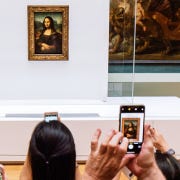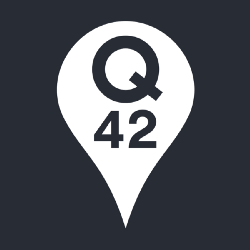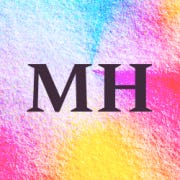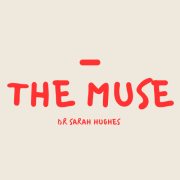This week's best things #79
Content strategy and why distribution matters; Cory Doctorow on reversing the “enshittocene”; Rijksmuseum’s relational search; digital exhaustion; art’s measurable health benefits; Hugh on the fact that “people like real things”; imagination in leadership; and Sarah Hughes on “The Likability Trap”.

Bun di and allegra. I'm back from Graübunden. I had a very nice time - the alps in the autumn are pretty great.
Ok, here are some good things.
Content Strategy: what Arts Organisations can learn from Creative Brands… and vice versa
A good piece from Tim Woodall, Tim used to be Director of Marketing at The Philharmonia and now works for Faber & Faber. The next long-form episode of the Podcast (should be out in a week or two) is actually a chat Tim and I had earlier this year. In the meantime is this excellent piece:
"This is one of a few hills I’ll die on.
Arts organisations, and I know this from personal experience, often put immense effort into content creation without devoting the same energy to distribution. The result can be excellent work that barely reaches its intended audience.
Distribution is half the strategy and it’s also harder to do, which is why it’s tempting for hard-pressed arts marketers to post and move on. It takes time, expertise and – sometimes – budget. PR, partnerships, paid media, SEO and repurposing content for different platforms all take blood, sweat and tears.
But it’s worth it. Without a distribution plan, even the best content risks vanishing into the void. Emily Kramer, Founder of agency MKT1, has a useful motoring metaphor for marketing that maps across to content strategy. The content we create is the fuel of what we do, but we need the distribution engine for it to get moving. One can’t work without the other."
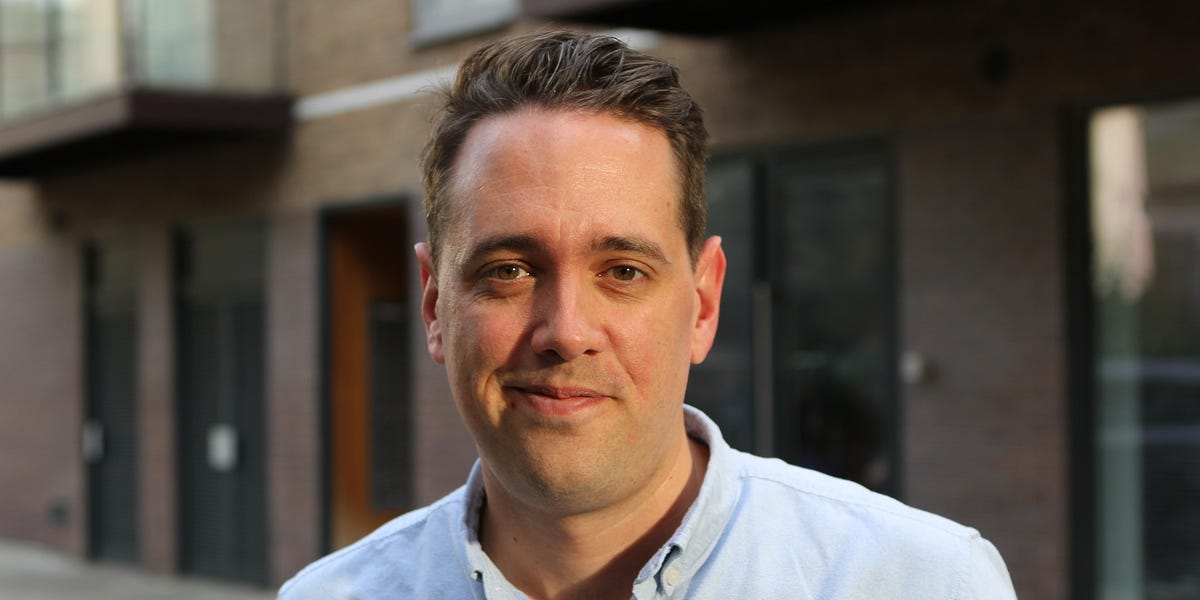
Yes, everything online sucks now—but it doesn’t have to
An interview with Cory Doctorow about his new book, which includes an explanation of his (increasingly ubiquitous) term 'enshittification', and some reasons to be optimistic - which include Wikipedia (and on that note there was an interesting interview with Jimmy Wales in the Guardian last week).
"Doctorow identifies four key factors that have played a role in ushering in an era that he has dubbed the “Enshittocene.” The first is competition (markets), in which companies are motivated to make good products at affordable prices, with good working conditions, because otherwise customers and workers will go to their competitors. The second is government regulation, such as antitrust laws that serve to keep corporate consolidation in check, or levying fines for dishonest practices, which makes it unprofitable to cheat.
The third is interoperability: the inherent flexibility of digital tools, which can play a useful adversarial role. “The fact that enshittification can always be reversed with a dis-enshittifiting counter-technology always acted as a brake on the worst impulses of tech companies,” Doctorow writes. Finally, there is labor power; in the case of the tech industry, highly skilled workers were scarce and thus had considerable leverage over employers.
All four factors, when functioning correctly, should serve as constraints to enshittification. However, “One by one each enshittification restraint was eroded until it dissolved, leaving the enshittification impulse unchecked,” Doctorow writes. Any “cure” will require reversing those well-established trends."

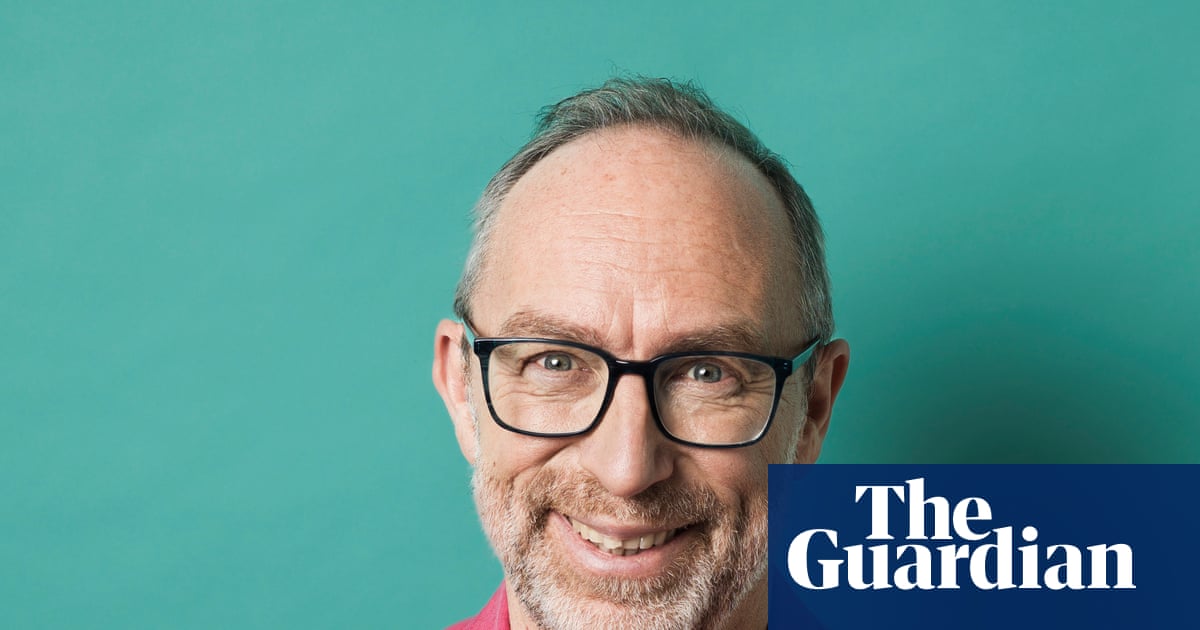
Searching through museum collections
A post from Joris Bruil at Q42 about the recent work they did with the Rijksmuseum in Amsterdam which was focused on rethinking how users can explore the online collection.
It's a really detailed piece looking at the user needs and technical detail that underpin the work. Well worth a read if you're thinking about doing any collections or relational work any time soon.
"As with the moon stone, the Rijksmuseum has many fascinating objects with great stories behind them. In an attempt to make these stories more accessible and appealing, we’ve been working on a new way to explore them. The core of this concept is the way in which objects and cataloguing terms are connected. In this way, while searching for Willem Drees or the material wood, we might notice the odd recommendation to also consider searching for the place moon and thus one ends up looking at this infamous piece of petrified wood.
To accomplish this isn’t necessarily a straightforward task. The previous collection system we built for Rijksmuseum relied on a record based storage of which the text values were searchable but weren’t interlinked themselves. This means that you could search and find the moon stone, but getting recommendations wasn’t easily feasible. Furthermore this architecture didn’t lend itself for exploring the way in which data is structured. We know the moon is a place, but what kind of relationships are there between the objects and this place? To overcome these challenges we’ve created a search engine to which the relations are at the core of the system. Luckily for us the Rijksmuseum does most of the heavy lifting required for such a system. Through their own data pipeline the record based collection data is transformed into linked data. For us this new data model is the starting point of this collection website project."
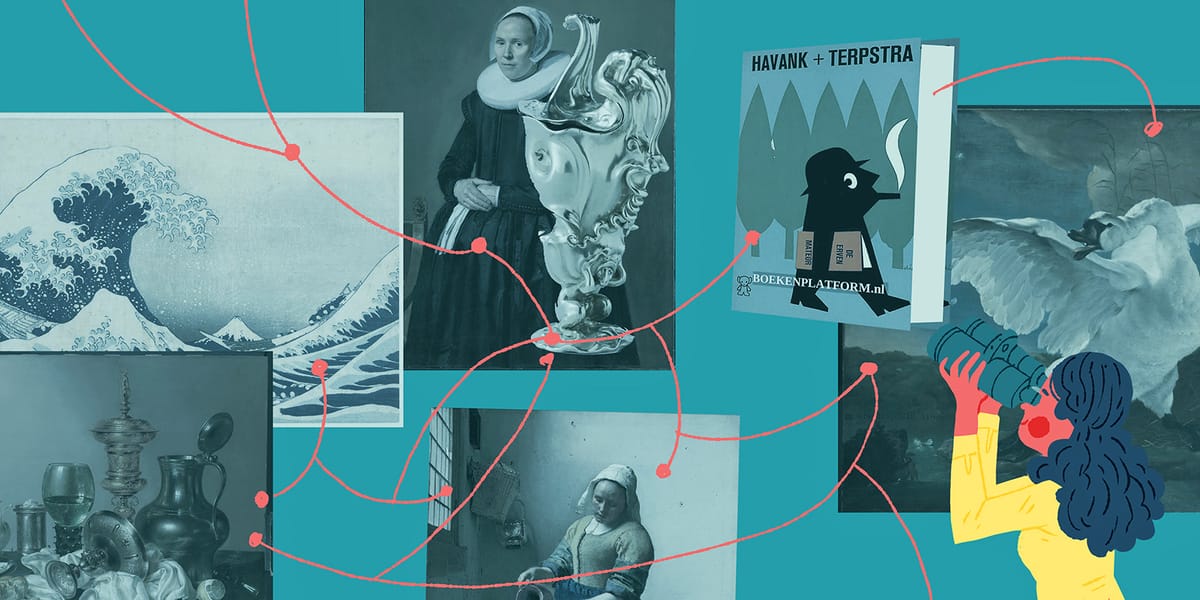
Digital exhaustion: Tips and tools for avoiding it
An article in FastCompany from Paul Leonardi sharing some insights from his new book, Digital Exhaustion: Simple Rules for Reclaiming Your Life.
"In my research tracking over 12,000 workers across 12 countries for two decades, I found something startling. In 2002, the average digital exhaustion score was 2.6 out of 6. By 2022, it had skyrocketed to 5.5. My nine-year-old daughter looked at the graph and said, “It looks like a snake about to strike.” She was right. And that snake has struck.
Think about a phone battery. When it’s new, you charge it overnight, and it lasts all day. But after thousands of charge cycles, it drains faster and faster. Eventually, it barely holds power at all. Our brains work the same way. Every notification, message, and screen switch drains our cognitive battery."
First-of-its-kind study proves positive impact of art on the body
Maybe to counter some of the above....some research from Art Fund and King's College London: "The research found that art activates the immune, endocrine (hormone), and autonomic nervous systems all at once – something never previously recorded. Art Fund hopes the findings will encourage more people to visit their local museums and galleries to experience these proven health benefits firsthand [...]
"From a scientific perspective, the most exciting outtake is that art had a positive impact on three different body systems – the immune, endocrine and autonomic systems – at the same time. This is a unique finding and something we were genuinely surprised to see.""
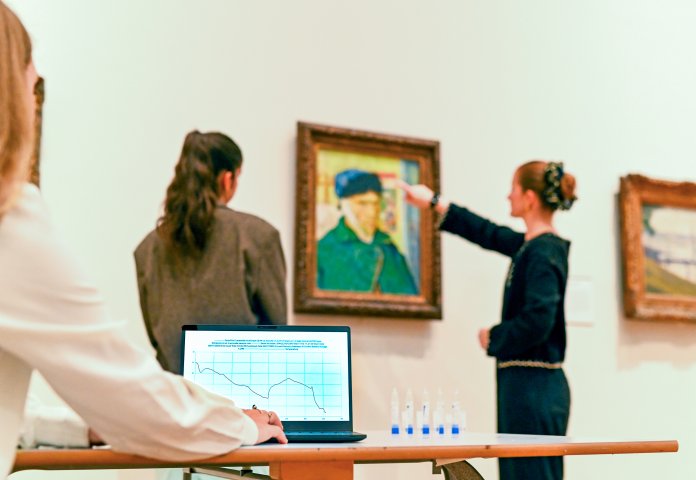
Museum für Gestaltung
I had a spare afternoon on Tuesday that I spent exploring the Design Museum in Zurich.
There were a lot of fun and interesting digital things to see and play with in the 'Museum of the Future' exhibition. Including Remixing the Archive (a generative AI experiment that used images of iconic Swiss design in some...unusual reimaginings); the world's largest digital image (1.6 terapixels aka 1.6 trillion pixels of Swiss battle scenes); and a load of interesting experiments from students on a 'Digital Play' module who used Sophie Taebur-Arp's 1918 marionnette designs for König Hirsch as inspiration.
There were also some equipment-free motion-tracking and gesture-controlled things that felt genuinely magical (and quite confusing).
Anyway, I had a good time even if the wayfinding was absolutely terrible quite a lot of the time.
People like real things
My pal Hugh has written a good post which is ostensibly about AI, but also about the fact that the companies behind many of these tools don't seem to actually understand how humans work and what they need.
"In The Atlantic Charlie Warzel writes that "to live through this moment is to feel that some essential component of our shared humanity is being slowly leached out of the world".
Gloomy words indeed. But maybe this is the kind of wake up call we need?
The title of this post is a point I absolutely stand by — people like real things; people respond to real people.
It's why I think generative AI will struggle when it comes to the direct role it plays in creative processes, and it's why I think platforms like Sora, and Meta's Vibes feed, ultimately miss the point.
These are novelty acts at best, not long-term bets.
Human connections have been key to the success of the most popular social networks, and are a crucial part of why many have now faltered and stagnated."
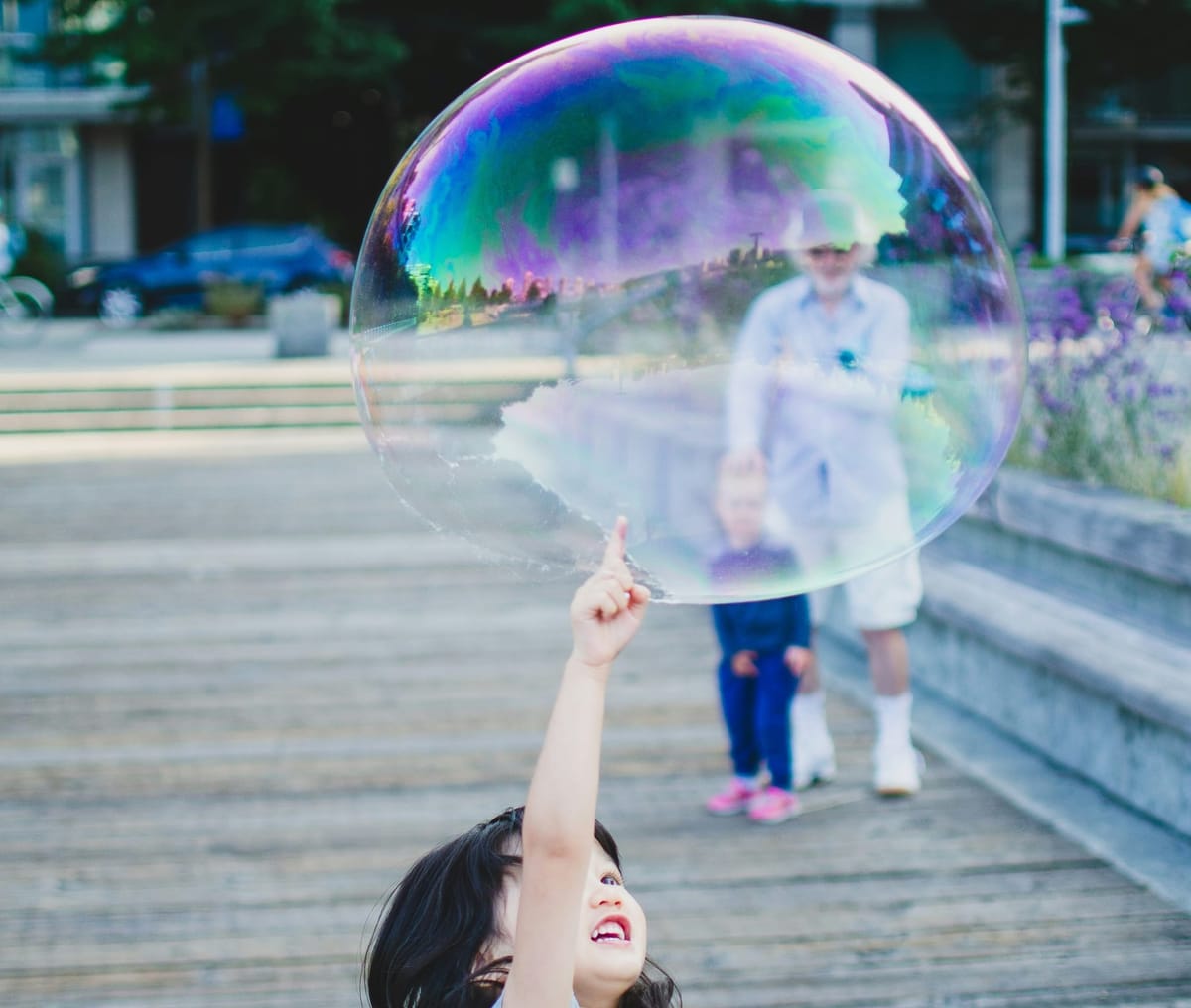
Is Leadership Changing
A good post from the always very readable Margaret Heffernan.
"I’m frequently asked, with an air of urgency, whether today’s uncertainty is greater than ever. I am skeptical but also blasé: even if it were, what difference would that make, beyond justifying a lot of self-pity? Uncertainty is endemic to life. It is only the siren sounds of propagandists, techno-prophets and shills that tries to persuade us otherwise. We’d do better to accept the reality of not knowing.
But that makes the qualities demanded of leaders strikingly different from the traditional, recognized competencies. Once we accept that we do not know what the future holds, then the strategic minds addressing must use imagination. This is why the World Economic Forum’s Jobs Reports keep arguing about the essential need for critical and creative thinking. Strategy is intrinsically a creative activity; it requires being able to conceive of a world we don’t inhabit yet and designing multiple ways to create it. What uncertainty demands (however it is measured) are plenty of options—and the creativity to keep generating them.
Which leaves the question: do most leaders lack creativity, or have they just lost it along the way?"
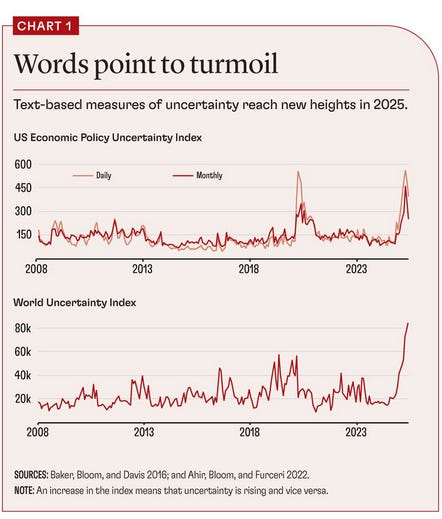
The Likability Trap™
A good read from Dr Sarah Hughes on the importance of leaders not getting too hung up on being likable, and the particularly toxic cocktail of challenges and assumptions that women leaders have to face around this idea.
"Leadership is not a popularity contest. At times, it’s a loneliness contest you sometimes win. And yet, it’s in those moments of unlikability — when a woman stops performing for approval — that real change enters the chat."
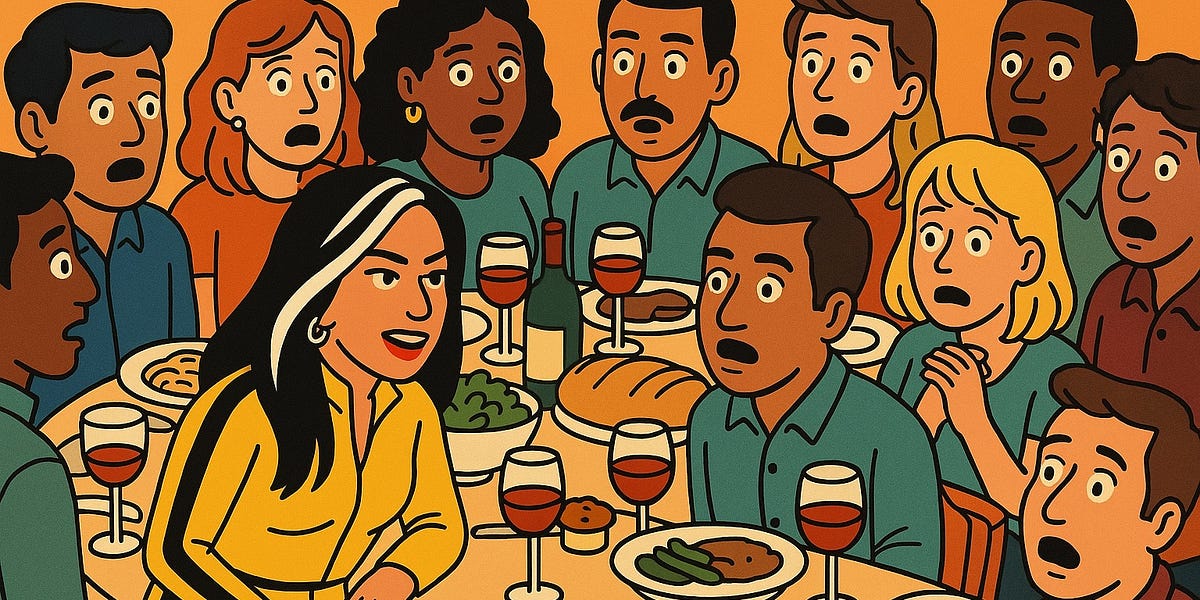
Last week's best things
Here are the three most popular links from last week's edition.
- Cleveland Museum of Art's new online collection
- A free font from the Braille Institute
- Lauren Pope on 'translating content impact for business leaders'
This week's consumption
I'm halfway through The Lion Women of Tehran by Marjan Kamali which thus far is very good.
We started watching the second season of Nobody Wants This which is quite charming, although it's distracting how much plastic surgery everyone seems to have had.
See you next week
To finish, a quick reminder that I'm a consultant who helps cultural organisations do better digital work.
Here are some workshops I offer.
I'm also currently working with organisations on things involving:
- user research to inform digital investment priorities,
- technical strategy,
- leadership development,
- 'critical friend' advice,
- project governance,
- mentoring,
- digital strategy,
- and digital readiness.
If it sounds like I could be useful, then let's chat.
